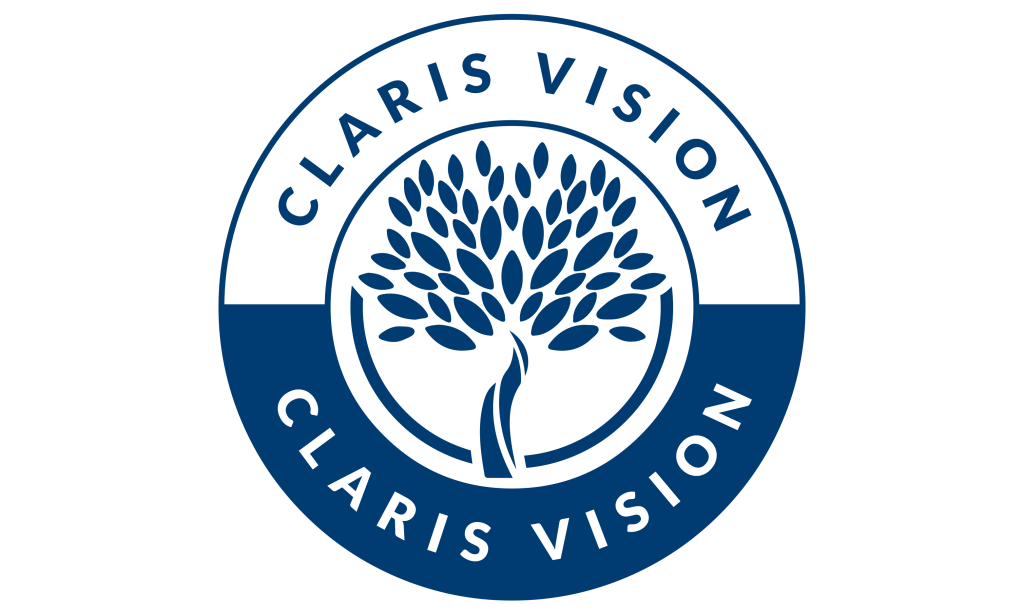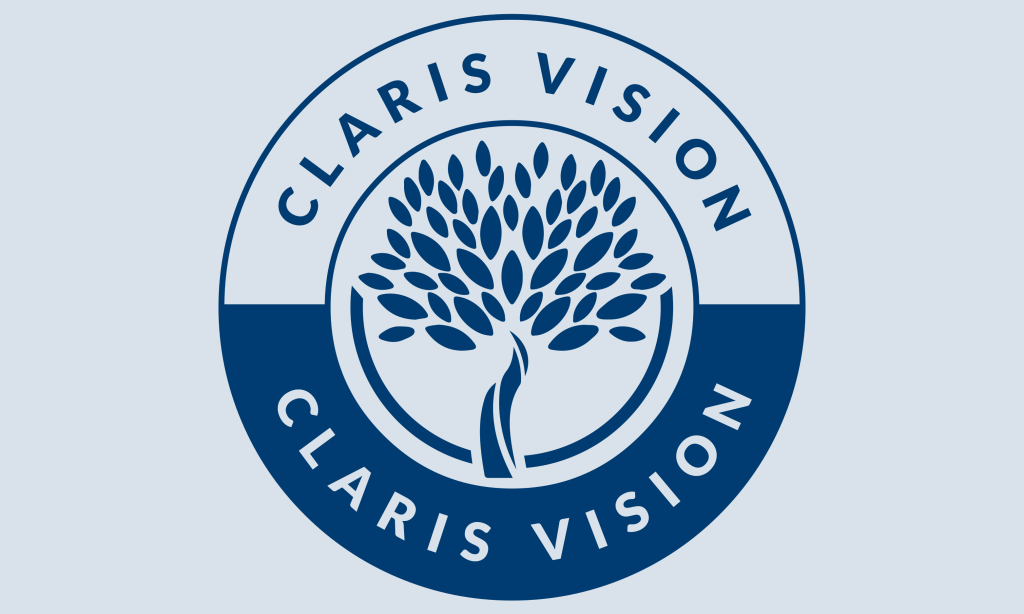In this post I will discuss refractive lens replacement and PRESBYOND LASIK laser eye surgery. As I perform both procedures, I am in a good position to compare the two and explain which procedure may be better for you.
Both refractive lens replacement and laser eye surgery are excellent surgical options for achieving reading and distance vision without glasses. They have high success and patient satisfaction rates with similarly rapid recovery periods. Which procedure is most suitable for you will depend on your individual circumstances, including your age, the strength and type of your prescription, the health of your lens and also the shape or health of your cornea. You could readily find out by attending a free no-obligation suitability assessment.
The most common reason for looking into lens replacement, also known as refractive lens exchange, is the need for reading glasses, known as presbyopia in medical terms. However, laser eye surgery is an alternative option to consider, as it may be a better solution for your eyes and needs.
Presbyopia meaning
Presbyopia is the normal change in near vision that develops with time, gradually affecting individuals older than 40 years. It is a growing cause of visual disability due to ageing of the global population, but also the increased use of mobile phones, tablets and computers.
The first symptoms of presbyopia and the need for reading glasses are increasing tiredness and strain when reading small print. There is a tendency to hold your phone or book further away in order to bring text and images into focus. As the condition progresses with age, near and intermediate vision such as computer work become increasingly difficult and only possible with glasses.
Presbyopia is caused by a normal decline in the elasticity of the natural lens inside your eye. This results in your lens gradually losing its ability to change shape (accommodate) and therefore focus at a range of distances. Once this causes difficulty or sluggishness in focusing for near objects, the condition is called dysfunctional lens syndrome or presbyopia.
Presbyopia treatment: PRESBYOND laser blended vision and lens replacement surgery
The elasticity of your natural lens cannot be restored! Fortunately, there are great options available to restore your near vision.
Book a free no obligation screening visit now!
PRESBYOND laser blended vision
LASIK laser eye surgery tends to be the preferred procedure for achieving spectacle-free vision if you are under the age of 55. A variant of LASIK called PRESBYOND LASIK, available exclusively from Zeiss, has been designed specifically to improve not only near vision but also intermediate and distance vision without needing glasses.
PRESBYOND LASIK expands the depth of focus for each eye and creates a smooth transition (blend zone) between the two eyes, providing a continuous range of vision for all distances. It uses laser to change the shape of the cornea and its refractive properties, thus focusing the dominant eye predominantly for distance and the other eye for near vision. This improves your vision whether you are reading a book or driving a car, reducing or eliminating the need for distance, intermediate and near (reading) glasses.
PRESBYOND laser blended vision is suitable for the majority of people who require glasses for reading and near work. Although used primarily to compensate for reading glasses, it is combined with correction of pre-existing short-sightedness (myopia), long-sightedness (hyperopia) and astigmatism, thus improving distance vision too.
It has the advantage that the optical properties and visual quality of your natural lens are maintained. The results can be readily customised, based on your needs, lifestyle and preferences. In addition, it is considered slightly less invasive than refractive lens replacement, as it is performed on the outer layer of the eye, the cornea. Disadvantages include a small and usually short-lived reduction in depth perception and that an enhancement (further top-up) procedure may be required years later, if the presbyopia has deteriorated again.
Refractive lens replacement
Lens replacement, also known as refractive lens exchange, is an excellent procedure for improving your spectacle free vision. Lens replacement generally tends to be preferable to LASIK if you are older than 60 years, your prescription is high, have signs of early cataract or do not tolerate the micro-monovision visual simulation when assessed for PRESBYOND LASIK. Our personal preference is to perform lens exchange only if you are not suitable for PRESBYOND laser vision correction. Age tends to be a secondary factor.
In lens replacement surgery, your natural lens is replaced with a new artificial intra-ocular lens that provides distance, intermediate and near vision. The new lens stays in place for life and does not require replacement at a later date. The procedure also treats underlying refractive errors of the eye, such as short-sightedness (myopia), long-sightedness (hyperopia) and astigmatism.
A variety of intra-ocular lenses can be used during the procedure. Broadly, there are two types of lenses that provide a continuous range of distance, intermediate and near vision without glasses; multifocal and extended depth of focus (EDOF) lenses. Our preferred multifocal lenses are trifocal lenses, as they provide the best vision for distance, intermediate and near vision. They work by splitting the light energy involved in vision to distance, intermediate and near focal points. EDOF lenses work by altering the spherical aberration of the eye (similar to PRESBYOND LASIK), the wavefront pattern of the eye or by splitting the light energy into different focal points (similar to multifocal lenses). The lens type that is most suitable for you will depend on the health and optical status of your eyes, what you would like to achieve and lifestyle needs.
The improvement in your vision following lens replacement tends to last indefinitely unless other unrelated health problems develop with your eyes. In addition, once lens replacement is performed, cataract surgery will not be required later in life. Compared to PRESBYOND LASIK though, it is a slightly more invasive procedure; very rare complications such as infection or retinal detachment can be treated well though with good outcomes. Contrast sensitivity, i.e. the ability to distinguish between 2 very similar colours or shades of grey, may also be reduced by a small non-significant level following the procedure.
Both refractive lens exchange and laser eye surgery are excellent vision correction procedures. If you would like to explore options to say goodbye to your reading or distance glasses, book a free no-obligation screening appointment at our ClarisVision website to find out more; alternatively call 02381 812281. At this appointment, Aris will discuss the best treatment option for you. The key is to identify the procedure that is most suitable to you!
All the best,
Aris



